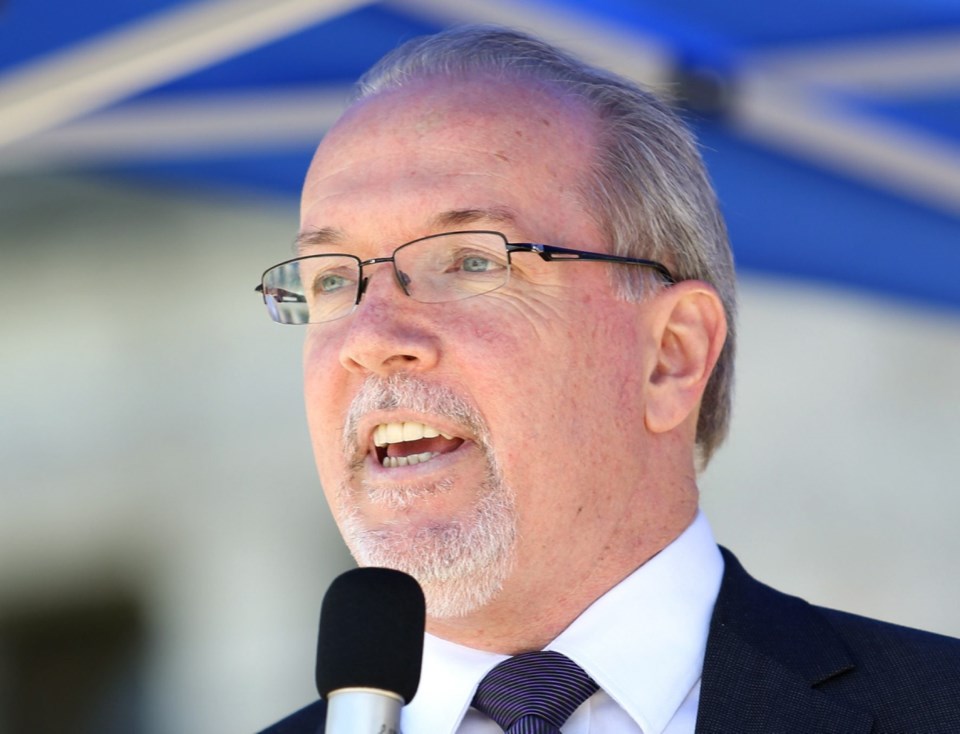Greater Victoria landlords are increasingly taking advantage of the region’s tight housing market to get around rent controls, anti-poverty advocates charged Tuesday
The Together Against Poverty Society said landlords, like their counterparts on the Lower Mainland, are getting people, desperate for housing, to sign fixed-term lease agreements with vacate clauses.
At the end of the term, landlords activate the vacate clause to remove the tenant and then are free to increase the rent by any amount, the society says.
“They don’t have to abide by the allowable rent increase and they can increase it to whatever the market will bear,” said Kelly Newhook, the society’s executive director. “So there’s really no security for tenants.”
TAPS said it deals with concerns about fixed-term tenancies on a weekly basis and notes the problem is exacerbated by Greater Victoria’s low vacancy rate, which Canada Mortgage and Housing Corp. measured at 0.6 per cent in October 2015, the latest available figure.
In a different climate, a tenant might reject a lease with a vacate clause or negotiate with the landlord, Newhook said.
“In this kind of climate, people come in and you’re going to take what you can get.”
Andrew Sakamoto, executive director of the Tenant Resource and Advisory Centre, said complaints about the practice are on the rise. In some cases, landlords have been able to use fixed-lease tenancies with vacate clauses to increase rents by 20 to 30 per cent at the end of a one-year term, he said.
By contrast, rents increases for a continuous tenancy are limited to 2.9 per cent in 2016 and 3.7 per cent in 2017.
Sakamoto said vacate clauses give too much power to landlords and, in some cases, have been used to put pressure on existing tenants to leave or consent to a new lease at a much higher rent.
“We have nothing against fixed-term tenancies; I think they can be mutually beneficial for tenants and landlords,” he said. “It’s the vacate clause that we really have an issue with. I think just eliminating that would be the simple fix, but also the fair fix.”
Housing Minister Rich Coleman was unavailable for an interview Tuesday. He said in a statement the province is “looking at options to ensure fixed-term tenancies continue to balance the needs of both tenants and landlords and that parties are acting consistently with the intent of the Residential Tenancy Act around annual allowable rent increases.”
The statement said legislative amendments will take time to complete and that landlords and tenants will be subject to the existing process in the meantime.
NDP Leader John Horgan said the Liberal government could have dealt with the problem this fall rather than cancel the fall sitting of the legislature.
“If we were in the legislature we’d be raising it today,” he said.
“This is just one of many, many issues that are not being addressed because Christy Clark is spending more time fundraising than she is governing.”
David Hutniak, chief executive officer of LandlordBC, said the problem is limited to a “small cohort” of landlords skirting the rules. “It’s novice landlords,” he said. “It’s not professional landlords or property managers. It’s small guys who are new to the business and they haven’t taken time to understand the Residential Tenancy Act or don’t want to.”
Hutniak said the law would benefit from a few administrative clarifications, but the real issue is the lack of supply. “If we had a balanced market with a two, three per cent vacancy rate, we’d have no issues.”



